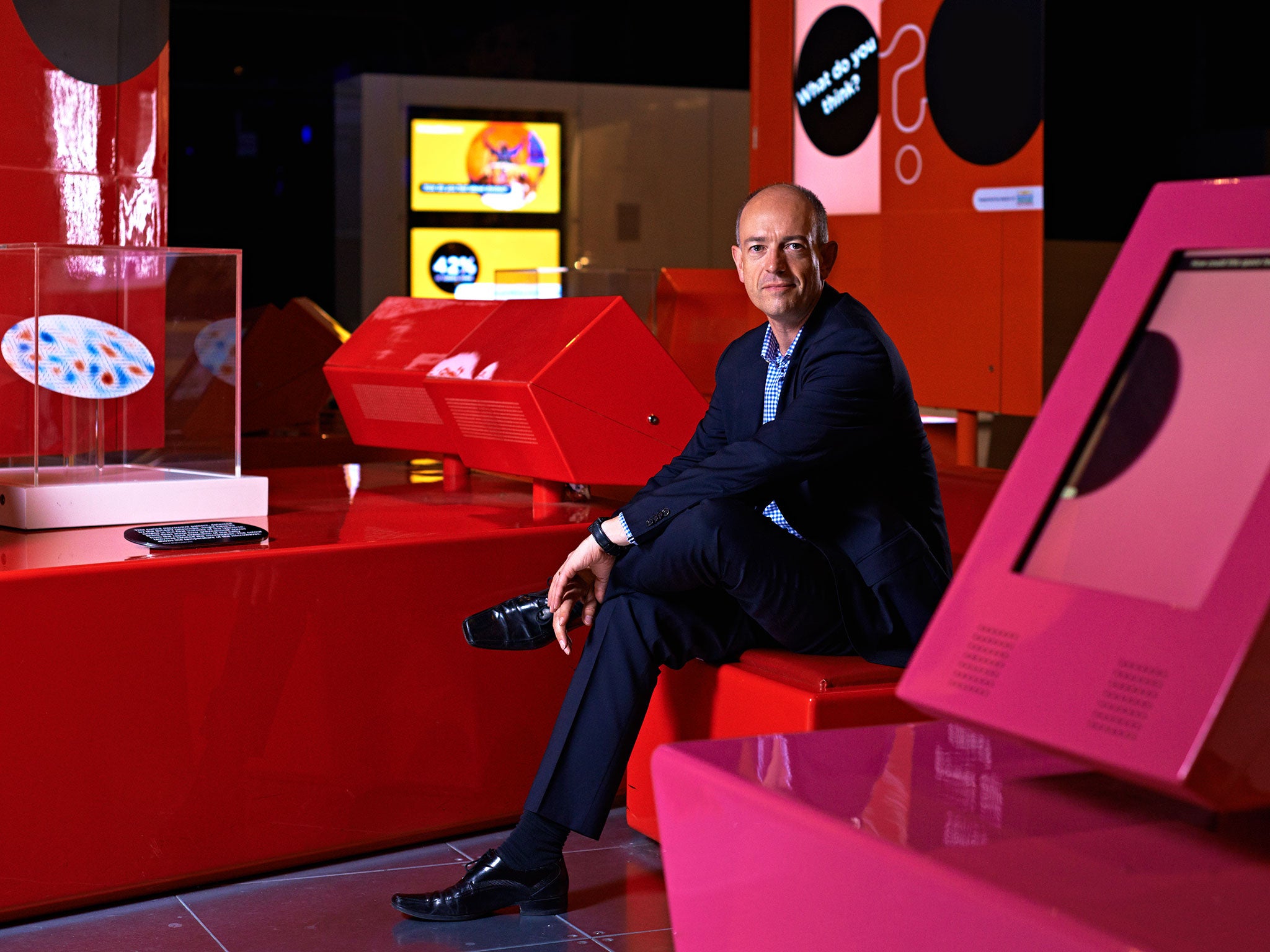
Your support helps us to tell the story
From reproductive rights to climate change to Big Tech, The Independent is on the ground when the story is developing. Whether it's investigating the financials of Elon Musk's pro-Trump PAC or producing our latest documentary, 'The A Word', which shines a light on the American women fighting for reproductive rights, we know how important it is to parse out the facts from the messaging.
At such a critical moment in US history, we need reporters on the ground. Your donation allows us to keep sending journalists to speak to both sides of the story.
The Independent is trusted by Americans across the entire political spectrum. And unlike many other quality news outlets, we choose not to lock Americans out of our reporting and analysis with paywalls. We believe quality journalism should be available to everyone, paid for by those who can afford it.
Your support makes all the difference.Arm Holdings found itself in the familiar position of stock market star in the wake of an impressive set of third quarter results.
Assuming it keeps up the pace (count on it) the end-of-the-year numbers should show revenues have doubled and earnings have quadrupled in the space of five years.
The doyen of Silicon Fen remains the best British company most people have never heard of, despite their using its chips daily in their smartphones. Which raises a question too rarely asked in this country: why aren’t there more like it?
It is true that Arm an unusual company. Coming out of Cambridge University, it focuses on the design and licensing of chips rather than their manufacture, and it managed to catch the smartphone zeitgeist at the perfect time. Today you’re just as likely to find its chips in your smart fridge.
Why can’t more conventional tech companies get off the ground here?
To be fair, Arm, which would benefit from the clustering effect of a few more fellow travellers, is trying to help hasten their development. For example, it has partnered with the BBC to produce a laptop that kids can use to create code, in an attempt to replicate the success of the old BBC Micro that got many of Arm’s staff going, including chief executive Simon Segars. It’s a nice idea, but sadly many of the budding geniuses that play around with it will find their way not to the Fens but to the trading desks of City banks.
The Square Mile is often seen as a source of strength to the UK, but it can also serve as an impediment. The short-term horizon of its investors means far too many quality companies such as Arm are sold before they have a chance to flower, and lately they’ve been replaced by unlovely natural resources giants such as Glencore.
Moreover, it has singularly failed to get funding into the pockets of those who might be able to use it to produce other Arms. Until things like this change, the Fens will remain windswept and lonely while California’s Silicon Valley is bathed in sunlight.
Join our commenting forum
Join thought-provoking conversations, follow other Independent readers and see their replies
Comments